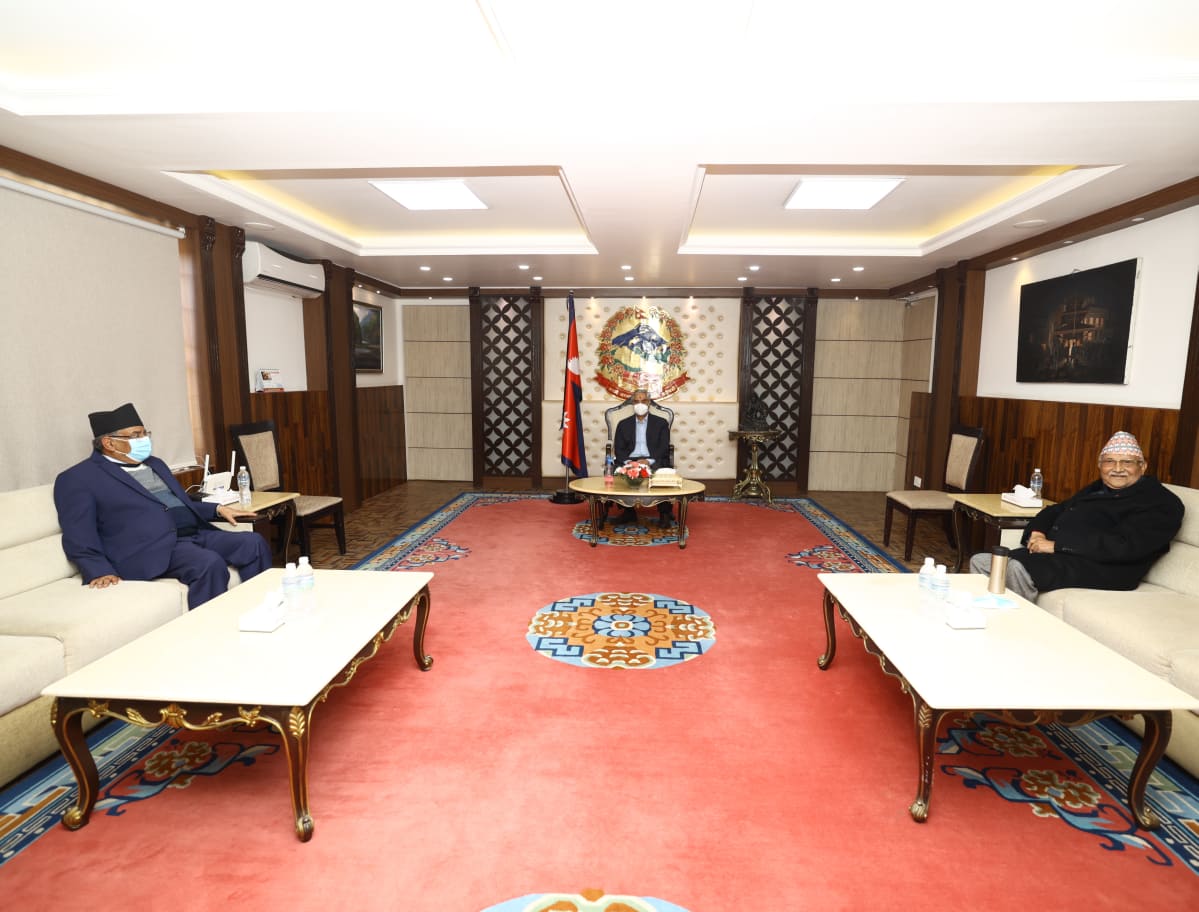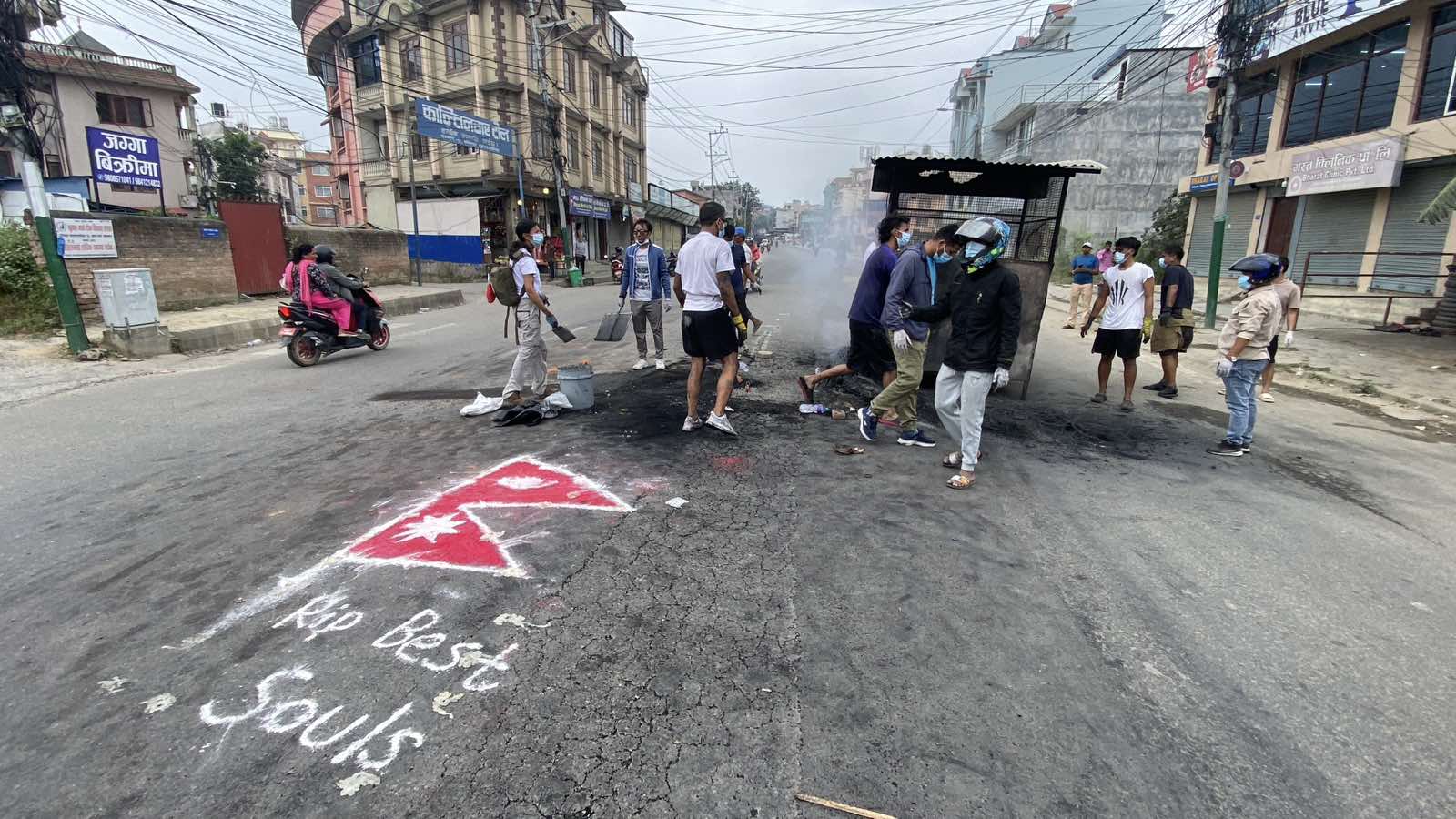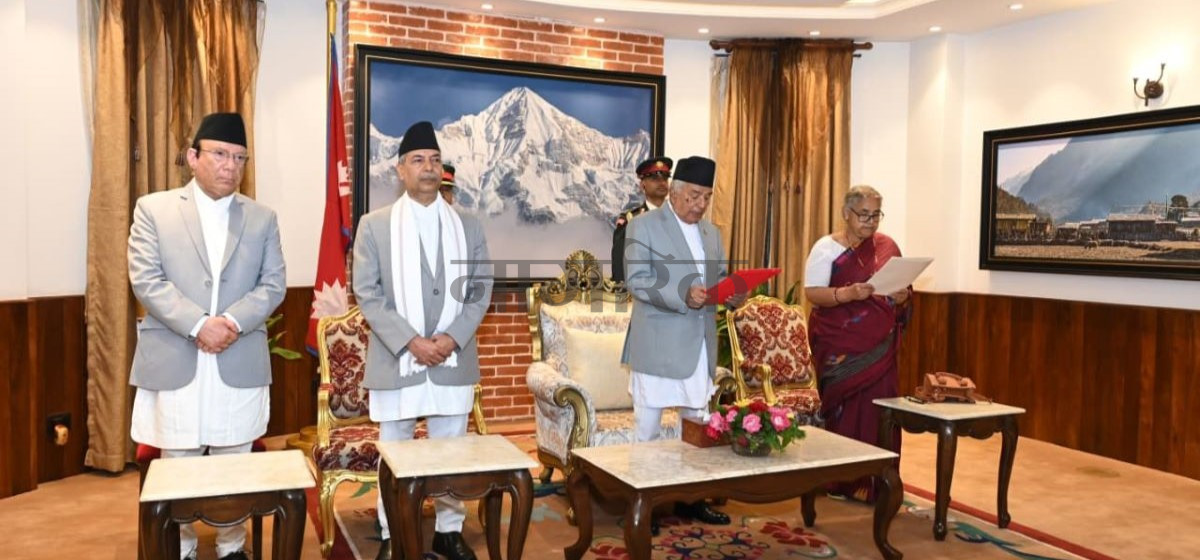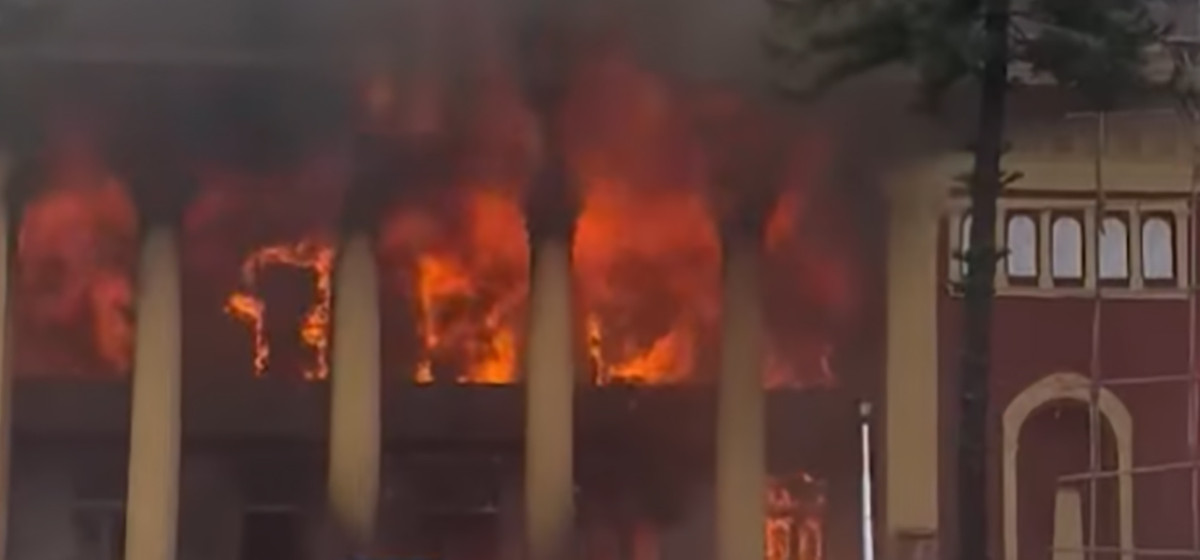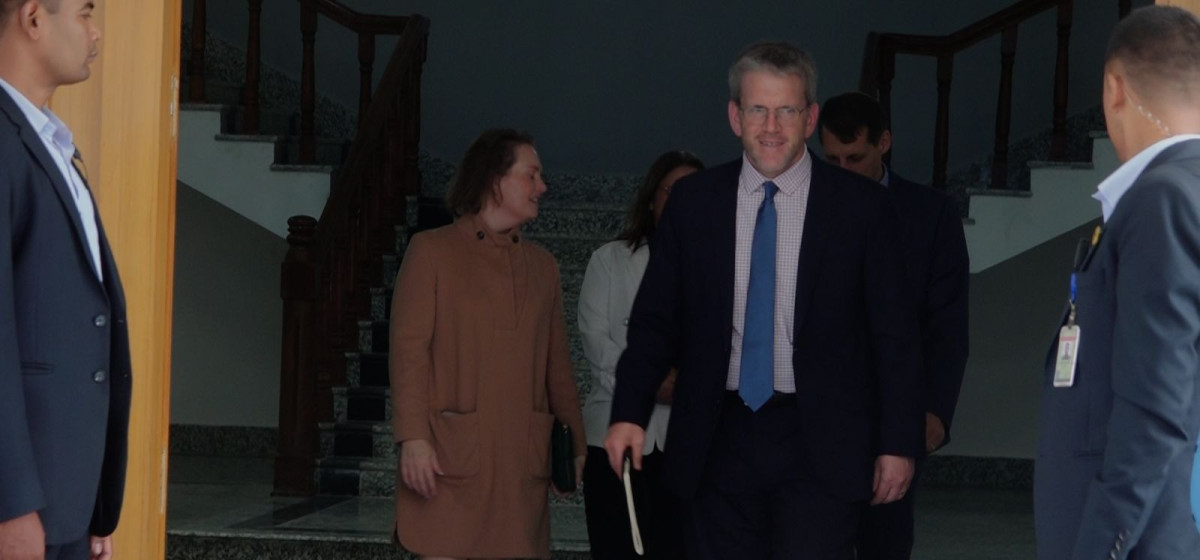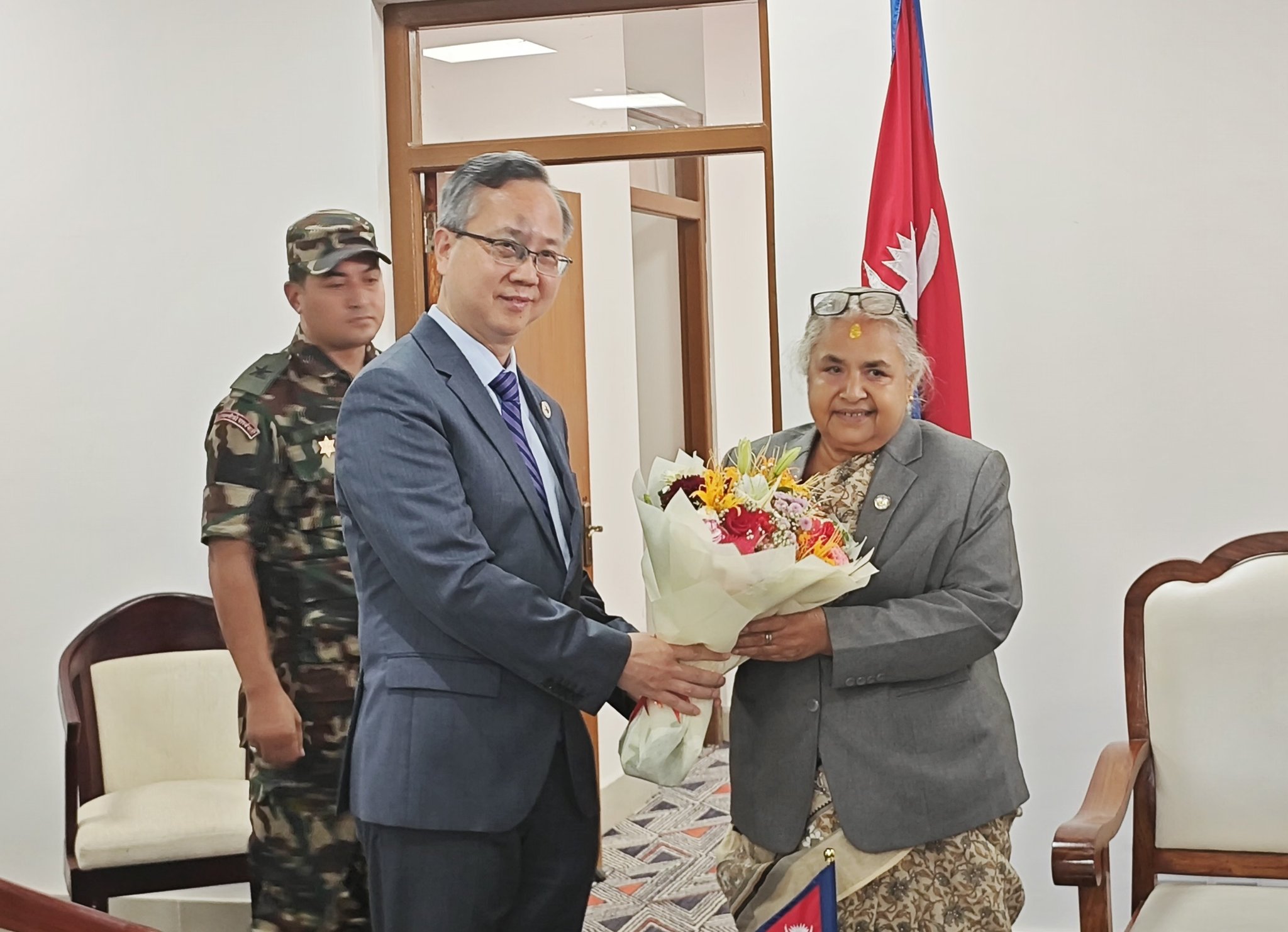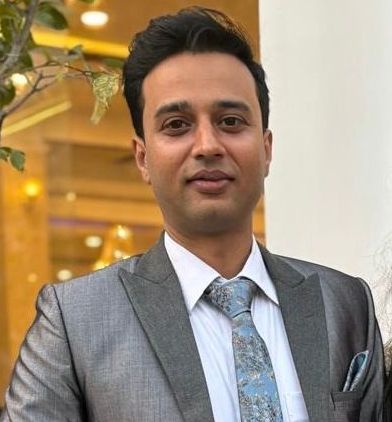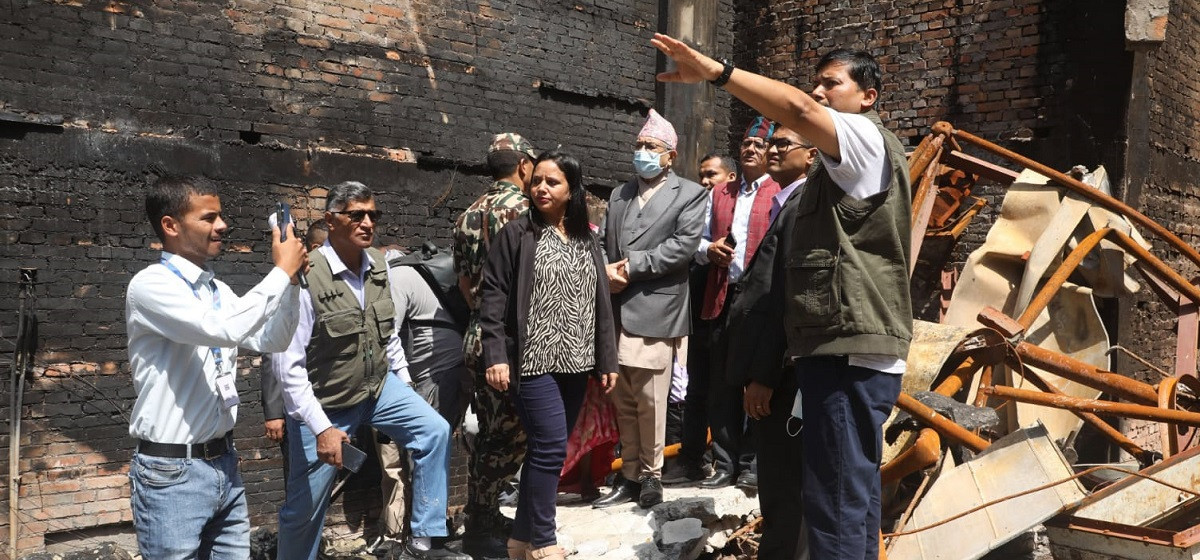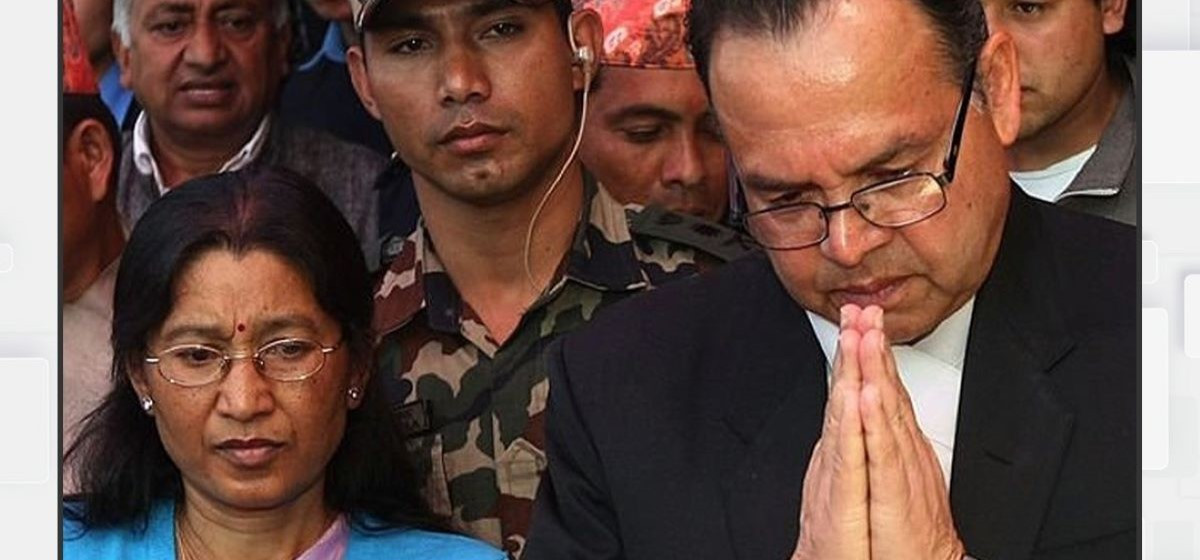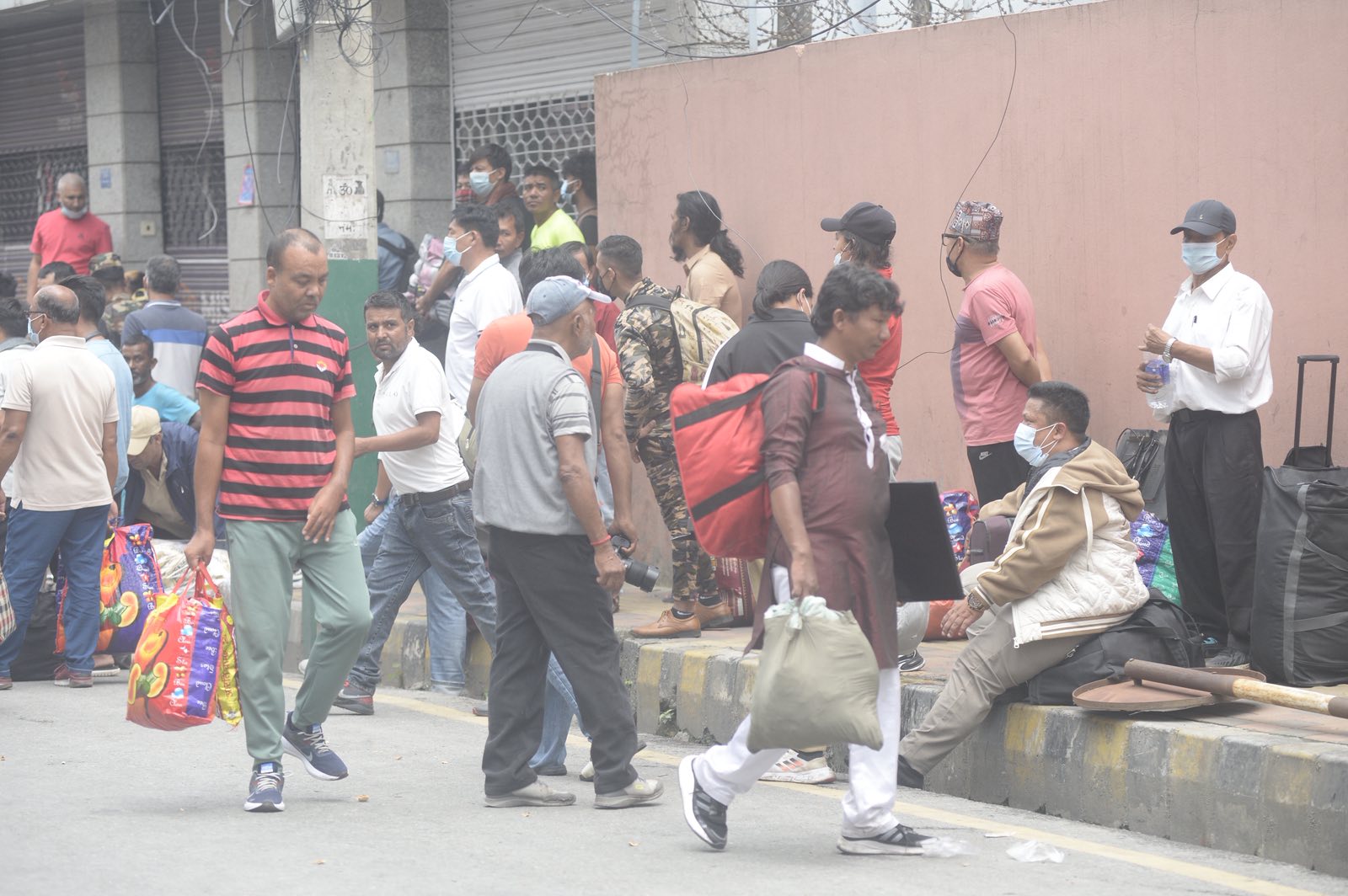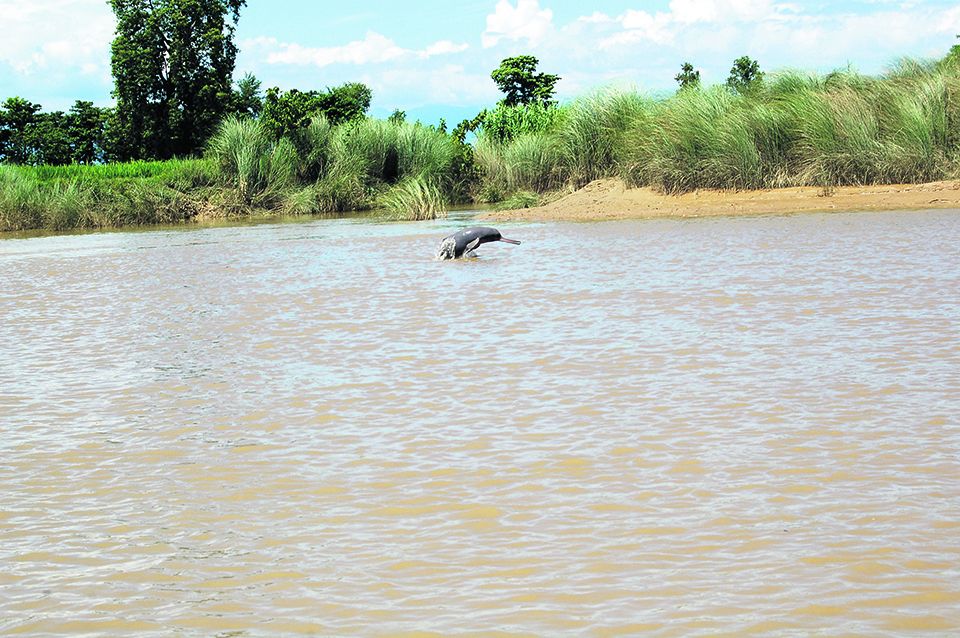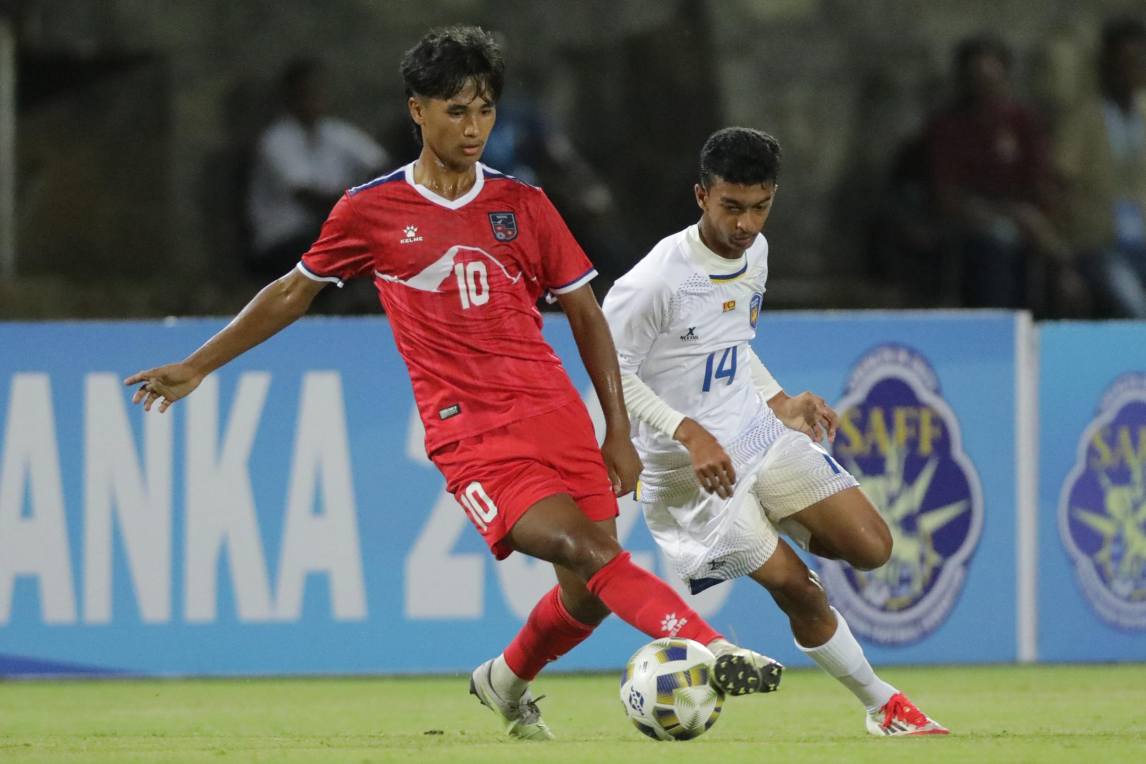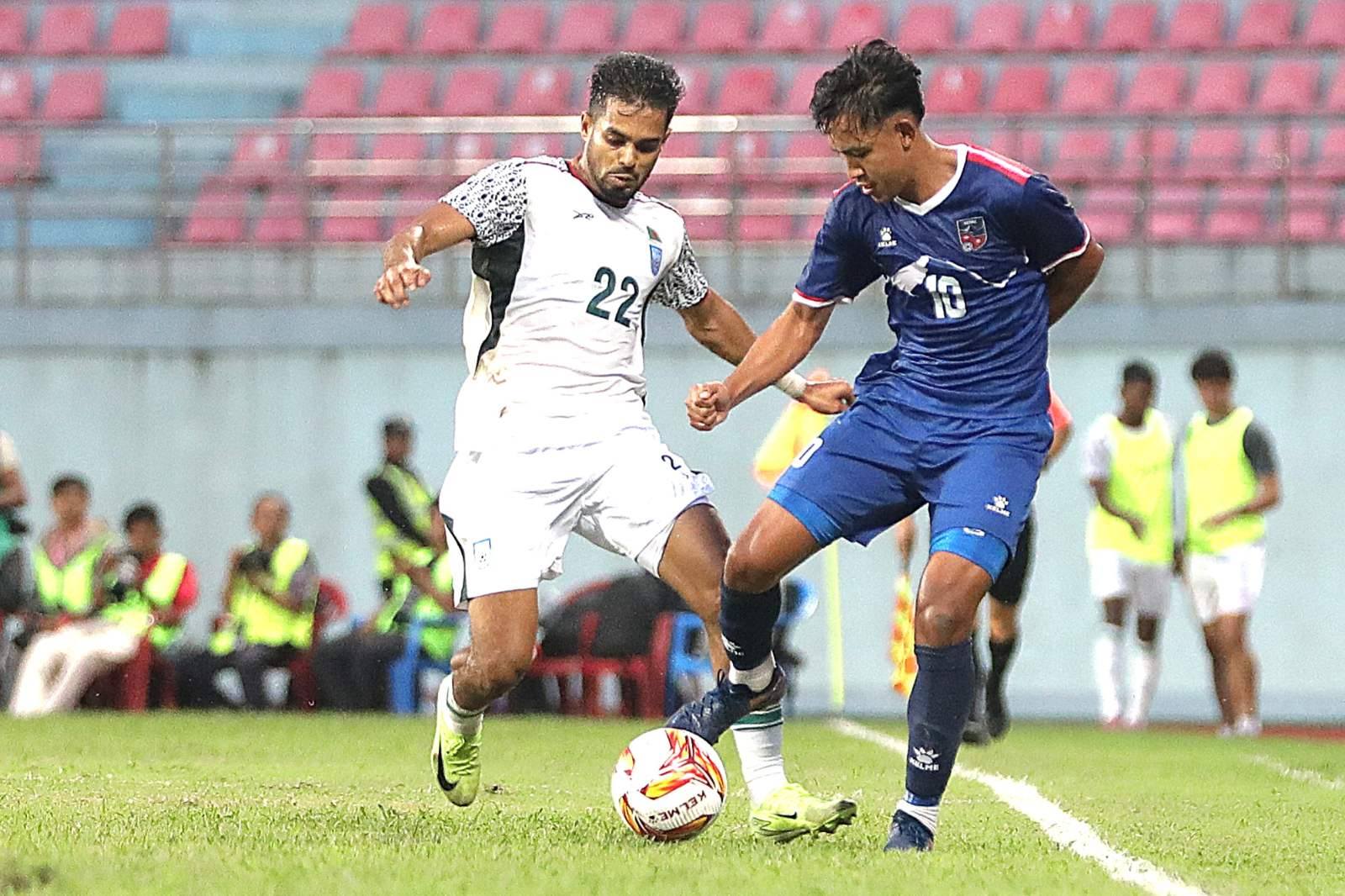The government took a decision to this effect under a national anti-corruption strategy endorsed by the cabinet recently to implement its commitment to the United Nations Convention Against Corruption (UNCAC) to which Nepal has been a party since February 2011. [break]
Prime Minister Baburam Bhattarai on Monday unveiled the strategy, which stated that the Ministry of Defense, with support from the Ministry of Law, Justice and Constituent Assembly, will take necessary steps to amend the existing Army Act within 180 days.
"Corruption in the army is not an issue to be dealt with by a military court; it is an issue to be taken up in a civilian court," said Ramesh Dahal, joint secretary at the Office of the Prime Minister and Council of Ministers, who led a technical team to prepare the anti-corruption strategy. "We have proposed that the CIAA be given powers to investigate and prosecute army officials implicated in corruption, in the spirit of the UNCAC."
Experts said the decision, if implemented, will be a welcome move as it will for the first time allow the investigation, prosecution and adjudication of corruption in the army through independent and autonomous state institutions.
"Hitherto, corruption in the army has not been brought under the jurisdiction of any independent and autonomous body, under the pretext that the army´s sensitivity will be harmed if corruption therein is dealt with outside army institutions," said Surya Nath Upadhyay, former chief commissioner of the CIAA.
Corruption in the army had remained untouched until 2007 when the new constitution was promulgated. The 1990 Constitution had kept the army out of the reach of any investigation into corruption therein. But the 2007 Interim Constitution brought such corruption under the ambit of a separate law. Accordingly, the Army Act amended after the political change of 2006 has a provision for internal investigation into corruption by army personnel and adjudication by a military court. But the independence of investigation, prosecution and adjudication of corruption cases in the army has always been under question.
Officials at the Prime Minister´s Office argue that corruption cases are not military in nature and should be taken up by civilian investigation institutions like the CIAA and tried in civilian courts.
However, Upadhyay said that any autonomous and independent body to be entrusted with investigating and prosecuting persons implicated in corruption should have a separate cell for taking up corruption in the army so as to respect the sensitivity of the army.
In another move, the government has decided to amend the Judicial Council Act to give powers to the Judicial Council to investigate and prosecute Supreme Court judges implicated in corruption. Till now, the law permits the Judicial Council to investigate and prosecute district and appellate court judges only.
"We have made such a proposal, concluding that no one in a public post with public responsibilities should go unpunished if implicated in corruption," said Dhakal, when asked why the government has taken such a decision regarding any corruption by apex court judges.
The strategy unveiled by the prime minister in the presence of his cabinet and government secretaries also vows to bring corruption in the private sector under the ambit of the CIAA, according to Dr Trilochan Upreti, law secretary at the Office of the Prime Minister, who led a taskforce to draft the strategy.
Upreti said the government will amend 30 existing laws and enact nine new ones to ensure provisions for making corruption in the private section a criminal offence and punishable.
"Till today, corruption in the private sector has gone unpunished," Upreti told Republica, "Thus, this will also be brought under the jurisdiction of the CIAA."
Reforming Anti-Corruption Legislations






